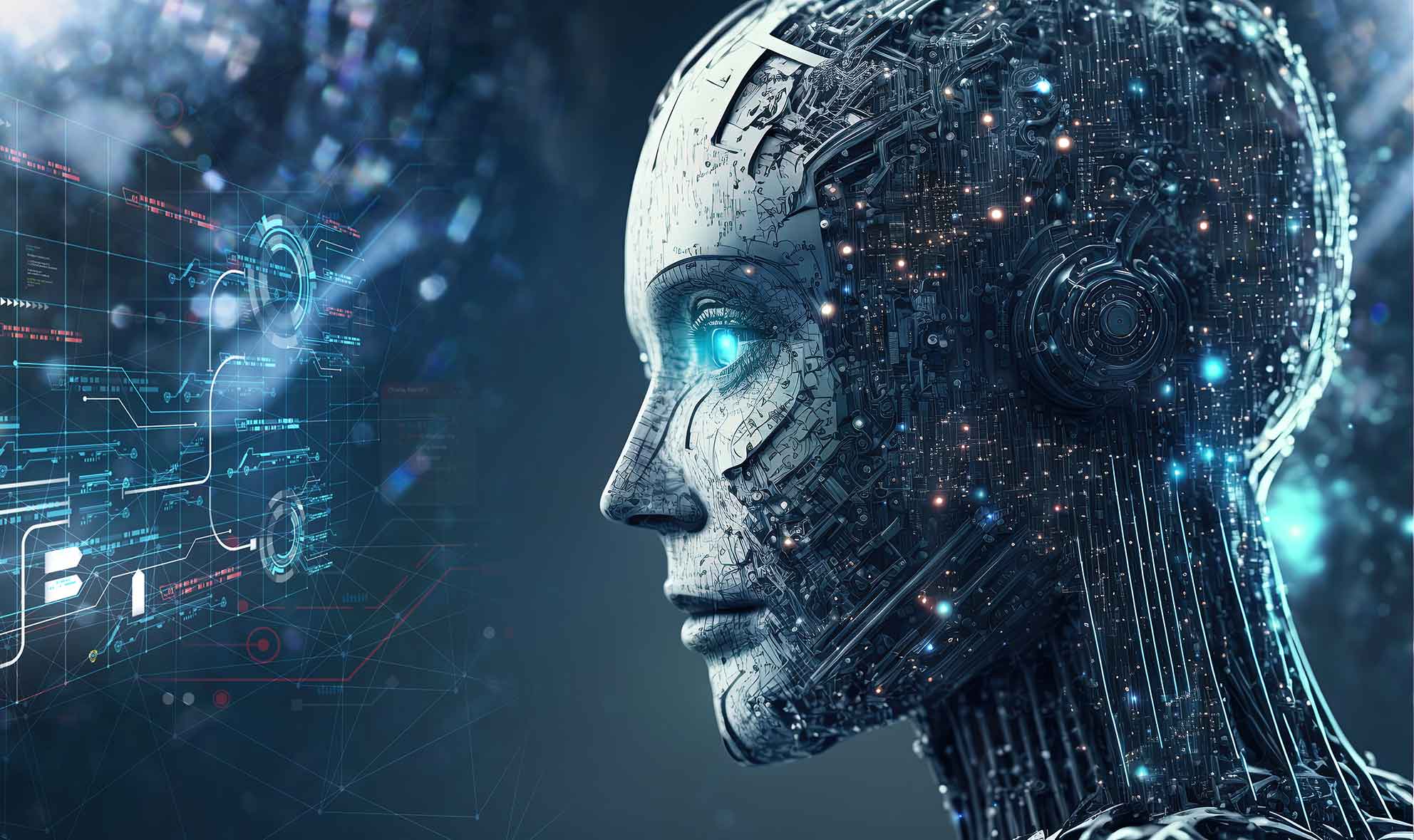
Why generative AI is vital in the development of companies
Generative AI focuses on creating all types of original and unique content from existing data. As it does? It uses advanced algorithms and neural networks to learn about texts and images, or rather, what is known as “deep learning”.
Without delving too deeply into technical issues, it must be understood that it works from two fundamental components: the generator, responsible for creating original data samples, and the discriminator, which distinguishes between real and false data.
According to the Signals 2023 report designed by Mastercard, generative AI has the potential to make corporate collaborations much more agile. AI tools can facilitate the horizontal distribution of information in almost real time: imagine knowledge bots that offer instant information every time an employee has a question… At first glance it is comfortable but, above all, efficient.
The most innovative companies work to implement this tool in different sectors, generating added value and greater creativity. But what about the margin of error? Currently, work is being done through human supervision to reduce risks and improve operations and internal systems.
Large companies employ thousands of workers in various disciplines and hundreds of products and services. Therefore, enterprise learning systems can be complex. Spanning team meetings, employee training, internal communications, quarterly reviews, it can be frustrating for companies that do not have a solid structure or internal communications and training teams.
The corporate landscape will take on new dynamism as employees operate with greater speed and flexibility and processes are optimized. The novelty of generative AI is that it will be able to provide binding answers, not just return results like a simple search engine. This way, employees will access the information they need to do their jobs effectively, no matter where that knowledge resides (intranet, blogs, or a cloud).
Finally, a great challenge for States will be to face the needs for transparency, consent and control that new AI capabilities bring with them. The laws must run hand in hand with issues related to copyright, privacy rights or data theft. Will corporations be able to adapt to the pace at which artificial intelligence advances?







